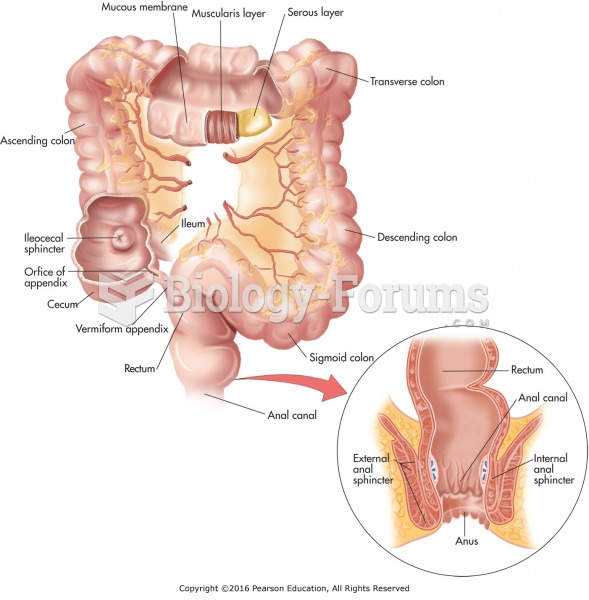|
|
|
Immunoglobulin injections may give short-term protection against, or reduce severity of certain diseases. They help people who have an inherited problem making their own antibodies, or those who are having certain types of cancer treatments.
Thyroid conditions cause a higher risk of fibromyalgia and chronic fatigue syndrome.
Automated pill dispensing systems have alarms to alert patients when the correct dosing time has arrived. Most systems work with many varieties of medications, so patients who are taking a variety of drugs can still be in control of their dose regimen.
Asthma cases in Americans are about 75% higher today than they were in 1980.
Individuals are never “cured” of addictions. Instead, they learn how to manage their disease to lead healthy, balanced lives.
 Several species of squirrels have melanistic phases. In large parts of United States and Canada, the
Several species of squirrels have melanistic phases. In large parts of United States and Canada, the
 Dewey and the reformers attacked classes, such as this one, circa 1900, where students sat up straig
Dewey and the reformers attacked classes, such as this one, circa 1900, where students sat up straig





